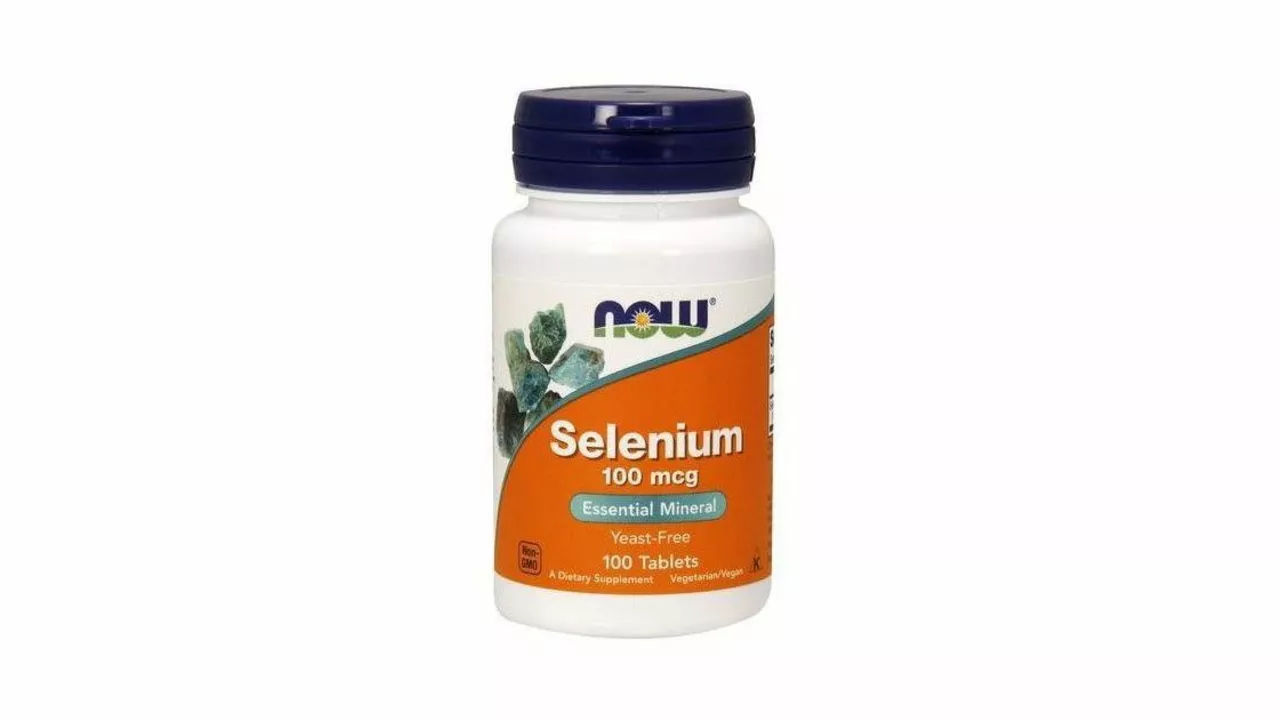Shark Liver Oil: What It Is and Why People Try It
Ever seen shark liver oil on a supplement shelf and wondered if it actually helps? Shark liver oil comes from the liver of deep-sea sharks and is prized for two main compounds: alkylglycerols (AKGs) and squalene. Sellers tout immune support, skin healing, and anti-inflammatory effects. The truth is more mixed — there’s some lab and small clinical work suggesting effects, but it’s not a miracle cure.
Common uses and what the evidence says
People use shark liver oil mainly for immune support, wound and skin healing, and general wellness. AKGs were studied in small trials in the late 20th century, mostly in Scandinavia, where researchers reported modest improvements in certain immune markers and wound recovery. Other work looks at squalene for skin health and as a carrier oil in cosmetics. Still, large, high-quality trials proving clear health benefits are lacking. If you want potential immune support, think of shark liver oil as experimental — some people notice benefits, others don’t.
If you’re dealing with a specific condition — say recurrent infections or a chronic skin issue — don’t skip your doctor. Shark liver oil should be a discussion item, not a replacement for proven treatments.
Safety, dosing, and buying tips
Safety first: shark liver oil can contain pollutants that accumulate in fish (mercury, PCBs), so quality matters. Pick products that use molecular distillation or other purification and show third-party lab testing for contaminants. Look for certificates or tests that confirm low heavy metals and PCBs.
There’s no universal dosing standard. Most supplements offer a single daily capsule; start with the manufacturer’s dose and watch for stomach upset or skin reactions. Avoid high doses unless supervised by a clinician. If you’re pregnant, breastfeeding, on blood thinners, or have an autoimmune disorder, check with your doctor before trying shark liver oil — it can affect immune activity and might interact with medications.
Sustainability is another issue. Many deep-sea shark populations are vulnerable. Choose brands that disclose sourcing and follow sustainable harvest practices. If that’s hard to verify, consider alternatives like cod liver oil (for omega nutrients) or plant-derived squalene if your goal is skin support.
Quick buying checklist: third-party testing, purification method listed, clear dosing, transparent sourcing, and readable ingredient labels. If a product makes bold disease claims or promises instant cures, walk away.
Want to try shark liver oil? Start small, track how you feel, and keep it as part of a broader plan that includes diet, sleep, and medical care. If you’re unsure, ask a pharmacist or healthcare provider — they can help weigh risks and benefits based on your health history.

After researching and diving deep into the topic, I've discovered that shark liver oil is a hidden gem in the world of nutrition. Packed with vital substances like alkylglycerols and squalene, it's been linked to bolstering our immune system and overall health. It's also been touted for its potential benefits in skin health and cancer prevention. However, like any supplement, it's essential to use it responsibly and in moderation. It's always a good idea to consult with a healthcare professional before starting any new supplement regimen.
Chris Gore Jul 6, 2023




